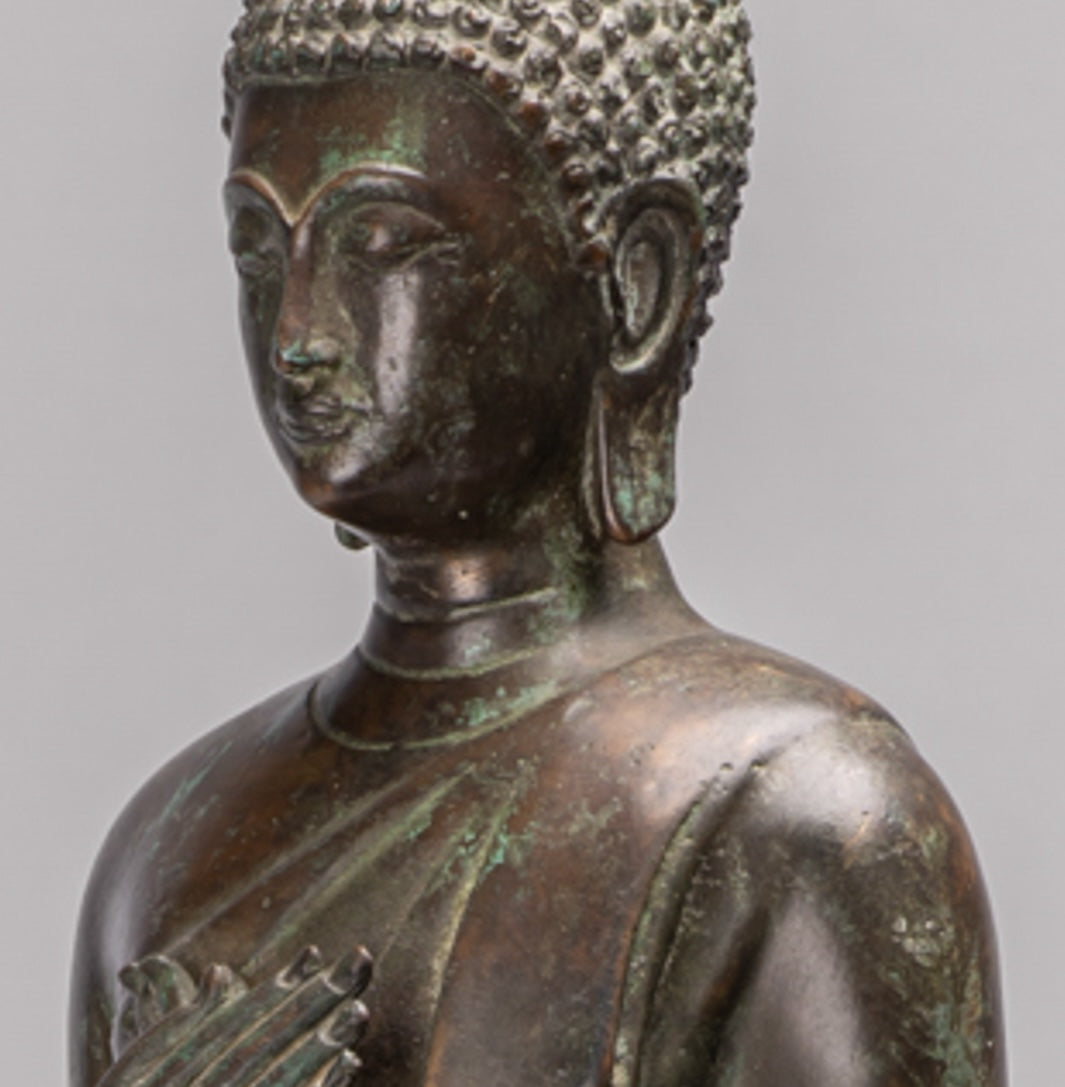
The Ploughing Festival: A Buddhist Celebration of Blessings, Agriculture, and Renewal
The Ploughing Festival, also known as Royal Ploughing Ceremony or Raek Na Khwan in Thailand and Lehtun Mingala in Myanmar, is a significant Buddhist holiday celebrated in many Southeast Asian countries.
It marks the beginning of the rice-growing season and is deeply rooted in both Buddhist tradition and agricultural practices. The festival combines cultural rituals with spiritual significance, celebrating fertility, prosperity, and the interconnectedness of human effort and natural blessings.
Historical and Religious Origins
The Ploughing Festival has ancient origins and is tied to both agrarian cycles and Buddhist tradition. While the festival is primarily agricultural, it holds special significance for Buddhists due to its association with an important event in the Buddha’s life.
According to Buddhist lore, when Prince Siddhartha (the Buddha-to-be) was a young boy, he accompanied his father, King Suddhodana, to a ceremonial ploughing event. While the king participated in the ploughing rituals, Siddhartha sat under a nearby rose apple tree (jambu tree). As he observed the event, he entered a state of deep meditation, attaining his first experience of jhana (meditative absorption). This moment foreshadowed his spiritual awakening and is celebrated during the festival as a reminder of mindfulness and the potential for enlightenment.
Key Themes of the Ploughing Festival
The Ploughing Festival embodies several meaningful themes that resonate with both Buddhist values and agrarian life:
-
Interdependence
The festival underscores the interconnectedness of human effort, nature, and spiritual blessings in sustaining life. -
Gratitude and Mindfulness
It is a time to express gratitude for the Earth’s bounty and reflect on the importance of mindful living. -
Blessings for Prosperity
Rituals performed during the festival seek blessings for a bountiful harvest, symbolizing hope and renewal. -
Mindful Work and Effort
The festival reminds participants of the Buddhist principle of right effort, emphasizing diligence and mindfulness in one’s endeavors.
How Is the Ploughing Festival Celebrated?
While the specific customs vary by country, the Ploughing Festival typically features a mix of agricultural rituals, Buddhist prayers, and community celebrations.
1. Ceremonial Ploughing
- The centerpiece of the festival is the ploughing ritual, often performed by members of the royal family or respected community leaders. Dressed in traditional attire, they ceremonially plough a field to symbolically begin the planting season.
- Sacred oxen are used to pull the plough, and the fields are blessed with prayers and offerings to ensure a successful harvest.
2. Rice Seed Sowing
- After the ploughing, rice seeds are sown in the freshly tilled soil. This act is accompanied by prayers for fertility and good weather.
3. Divination Rituals
- In some regions, predictions for the upcoming agricultural season are made based on the behavior of the sacred oxen or the types of food they choose to eat from an offering tray. The choices are believed to indicate whether the season will be prosperous or challenging.
4. Buddhist Ceremonies
- Monks chant blessings, and offerings are made at temples to seek divine protection for farmers and crops.
- The event often includes Dharma talks, highlighting the connection between the Buddha’s teachings and the themes of the festival.
5. Community Gatherings
- The festival brings communities together for feasts, cultural performances, and traditional music. It is a time for celebration and unity.
The Ploughing Festival in Different Countries
Thailand
- Known as Raek Na Khwan, the Royal Ploughing Ceremony is a grand event led by members of the royal family. Sacred oxen and Brahmin priests play a central role, blending Buddhist and Hindu traditions.
Cambodia
- In Cambodia, the festival is celebrated as Preah Reach Pithi Chrot Preah Neangkol. Similar rituals are performed, with an emphasis on seeking blessings for farmers and the nation’s agricultural prosperity.
Myanmar
- In Myanmar, the festival is called Lehtun Mingala and includes similar ploughing rituals, often accompanied by colorful parades and offerings at Buddhist monasteries.
Sri Lanka
- While Sri Lanka does not have a formal Ploughing Festival, Buddhist communities celebrate the connection between the Buddha’s teachings and agricultural life through rituals and prayers for a successful planting season.
Lessons from the Ploughing Festival
The Ploughing Festival offers both practical and spiritual lessons that are relevant to modern life:
-
Mindful Living
The Buddha’s meditation under the rose apple tree serves as a reminder to cultivate mindfulness in all aspects of life. -
Gratitude for Nature
The festival emphasizes the importance of respecting and protecting the natural world, recognizing its role in sustaining life. -
Community and Cooperation
The communal aspect of the festival highlights the value of working together to achieve shared goals. -
Hope and Renewal
As the beginning of the planting season, the festival symbolizes new beginnings and the potential for growth and prosperity.
Celebrating the Ploughing Festival in Daily Life
Even if you do not participate in traditional Ploughing Festival celebrations, you can embrace its spirit in everyday life:
- Practice Gratitude: Take time to appreciate the food you eat and the efforts of those who grow it.
- Cultivate Mindfulness: Reflect on the Buddha’s teachings and incorporate mindfulness into your daily activities.
- Support Sustainable Agriculture: Make choices that promote sustainability and respect for the environment.
- Engage in Community Service: Work with others to make a positive impact in your community.
Conclusion: A Celebration of Life’s Interconnections
The Ploughing Festival is a beautiful blend of Buddhist tradition and agricultural practice, celebrating the interconnectedness of human effort, nature, and spiritual blessings. Whether through ceremonial rituals or personal acts of mindfulness and gratitude, the festival reminds us of the value of diligence, community, and harmony with the Earth.
As the Buddha said:
"With mindfulness, strive on."
May the spirit of the Ploughing Festival inspire you to live with mindfulness, gratitude, and a renewed commitment to nurturing the world around you.
Happy Ploughing Festival!




